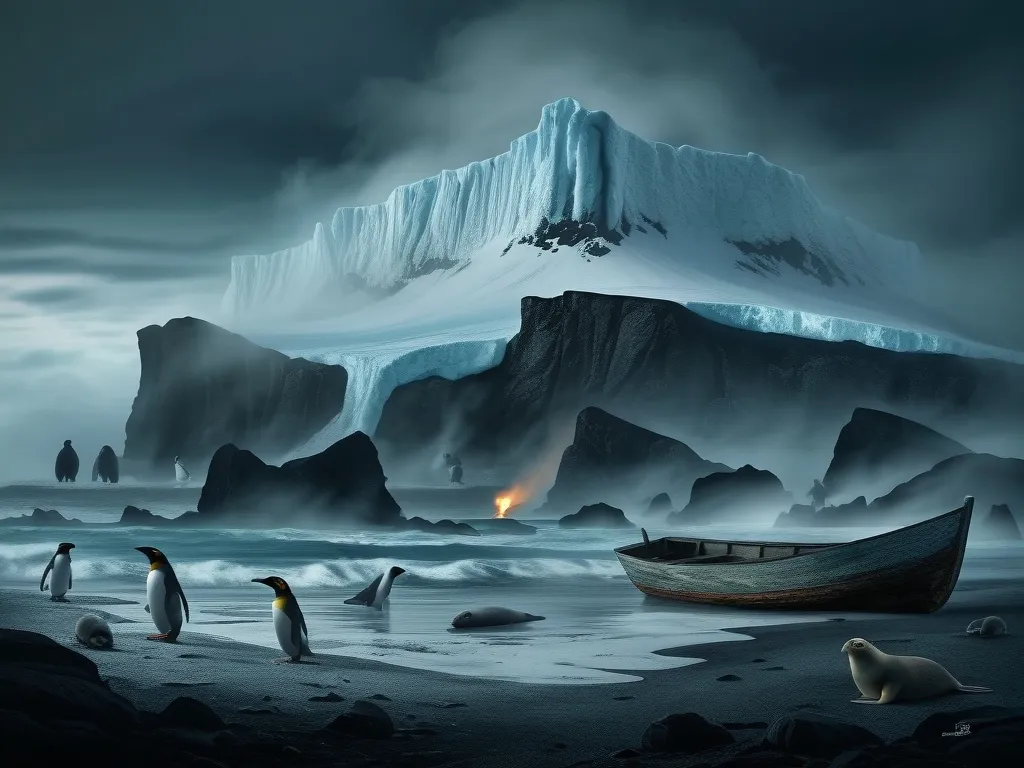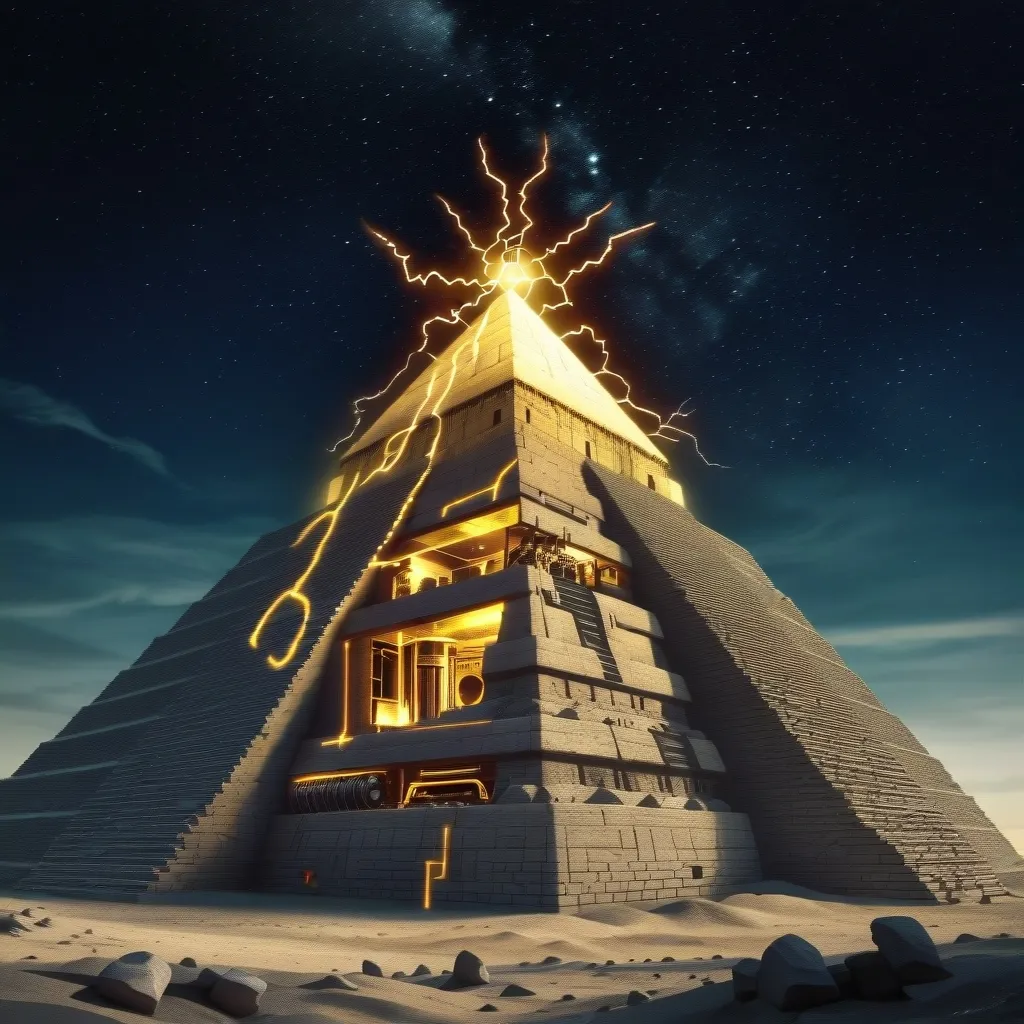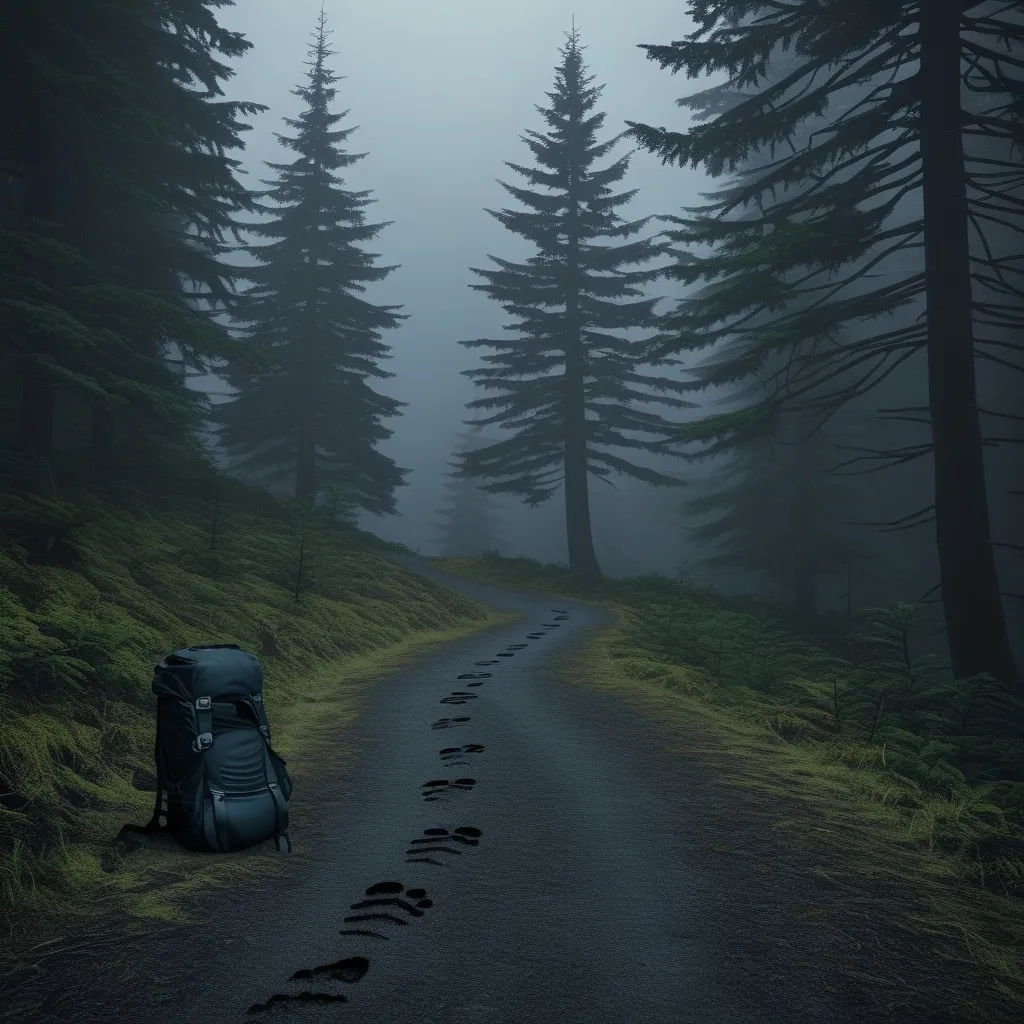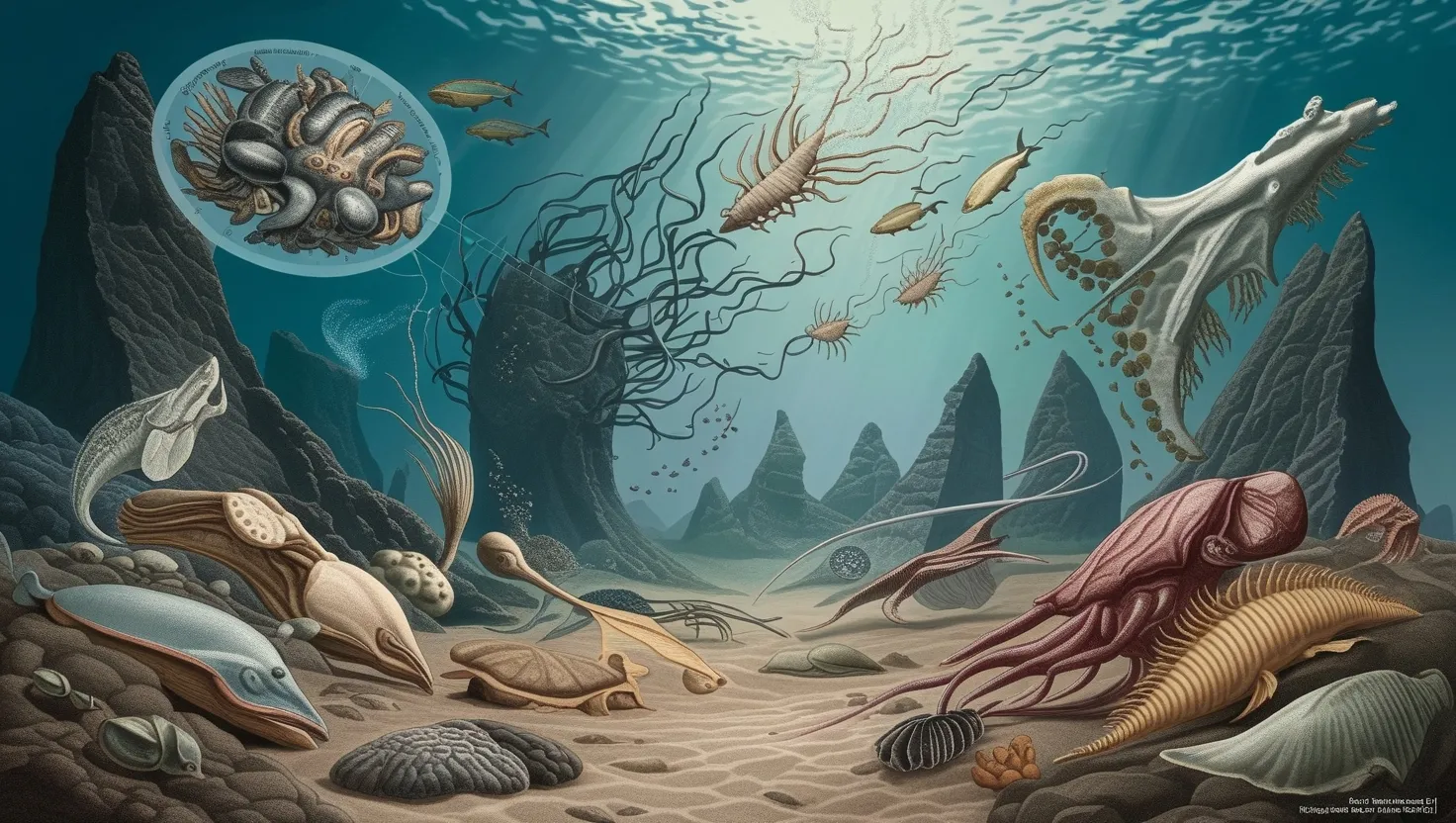As I sit here, imagining a place so remote it feels almost mythical, my mind wanders to Bouvet Island, a tiny, ice-encrusted speck in the South Atlantic. This island, often described as the most remote on Earth, is a world away from the hustle and bustle of our daily lives. Its closest neighbor, the Princess Astrid Coast of Queen Maud Land in Antarctica, lies a staggering 1,100 miles to the south. This isolation has not only piqued the interest of scientists and explorers but has also spawned a myriad of mysteries and conspiracy theories.
Bouvet Island’s story begins on January 1, 1739, when French sailor Jean-Baptiste Charles Bouvet de Lozier first laid eyes on it. He was on a mission to find a larger southern continent, but instead, he discovered a small, icy outpost that he could neither circumnavigate nor land on. The fog and ice made it impossible for him to determine if this was part of a larger landmass or just a small island. He named the cape he spotted “Cap de la Circoncision,” a name that would later become a point of contention among various explorers.
Over the centuries, several expeditions attempted to explore Bouvet Island, each facing significant challenges. In 1825, George Norris, a British sailor, landed on the island and claimed it for the British Crown, naming it Liverpool Island. However, his claim was later disputed due to confusion over whether the island he landed on was indeed Bouvet Island or another nearby island he called Thompson Island. This confusion, coupled with the lack of a harbor, led Britain to renounce its claim by 1929.
The island’s ownership was eventually settled in 1928 when a Norwegian crew, led by Harald Horntvedt, claimed it for Norway. Today, Bouvet Island is an official protected nature reserve, but its harsh weather conditions mean that it is almost devoid of life. The only non-plant life you’ll find here are fungi, moss, and liverworts. However, the surrounding waters are home to penguins, seals, whales, and dolphins, making it a unique and fascinating ecosystem.
One of the most intriguing mysteries surrounding Bouvet Island is the enigmatic rowboat discovered in 1964. During an expedition by the South African government to assess the feasibility of building a manned weather station, the team stumbled upon an oar-powered rowboat marooned on the island. The boat was found in a lagoon within a new landmass formed by underwater volcanic activity, but it lacked any identifying markings. Despite strong evidence that people had been on the boat, there were no human remains or any clues as to who might have owned it or why it was there.
This discovery has sparked endless speculation. Who could have brought the boat to such a remote location? How did they survive the treacherous waters and the island’s inhospitable environment? These questions remain unanswered, and the mystery of the rowboat has become a haunting enigma that continues to fascinate researchers and historians.
The rowboat is not the only mystery shrouding Bouvet Island. There is also the tale of a second island that was reportedly spotted by George Norris in 1825, 72 kilometers north-northeast of Bouvet. This island was mentioned again in 1893 but has never been confirmed by subsequent expeditions. A 1967 paper suggested that this second island might have been destroyed in a volcanic eruption, but later findings revealed that the ocean in that area is over 2,400 meters deep, casting doubt on this theory.
These unexplained occurrences have fueled a variety of conspiracy theories. Some speculate that Bouvet Island could be a secret base for clandestine experiments or a site for wartime operations. While these theories are intriguing, they remain purely speculative. The truth is, the island’s remote location and harsh conditions make it an unlikely candidate for any large-scale human activity.
Despite the lack of concrete evidence, the allure of Bouvet Island’s mysteries is undeniable. It is a place where the boundaries between reality and fantasy blur, where the silence is almost palpable, and where the imagination can run wild. As we delve into the icy fog that surrounds this island, we are reminded of the vast and unexplored mysteries that still exist in our world.
For those who are drawn to the unknown, Bouvet Island stands as a beacon of intrigue, a challenge to uncover its secrets and unravel its mysteries. Whether you are a scientist, an explorer, or simply someone fascinated by the unexplained, this island offers an irresistible blend of geography, secrecy, and the unknown.
As I conclude my journey through the mysteries of Bouvet Island, I am left with more questions than answers. Yet, it is this very uncertainty that makes this place so captivating. In a world where so much is known and explored, Bouvet Island remains a silent sentinel, guarding its secrets in the frozen vastness of the South Atlantic. And it is this silence that whispers to us, inviting us to explore, to speculate, and to uncover the secrets that lie hidden on this enigmatic island.






